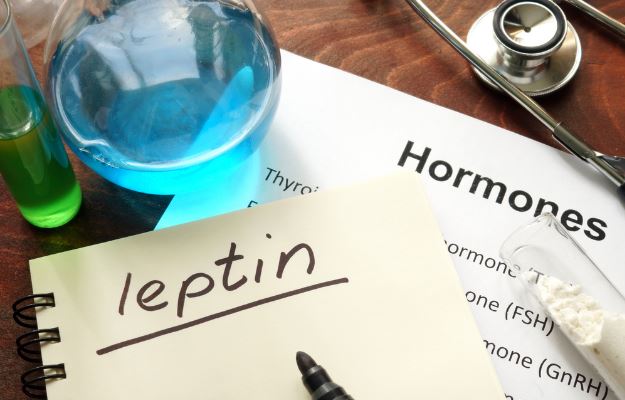Potassium is a mineral and an electrolyte that is required by your body for functioning normally. Potassium is required for every bodily function but has a very particular role in nerve transmission and muscle contraction. This makes it quite an important mineral for optimal heart and kidney function.
But, does this excellent mineral has any benefits to your health other than aiding in these functions? Quite inadvertently, it does, the most important being its alleviating actions on high blood pressure.
This article will explore all the evidence-based health benefits of potassium. But first, let’s know about the recommended dosage of this mineral and acknowledge its dietary sources.













